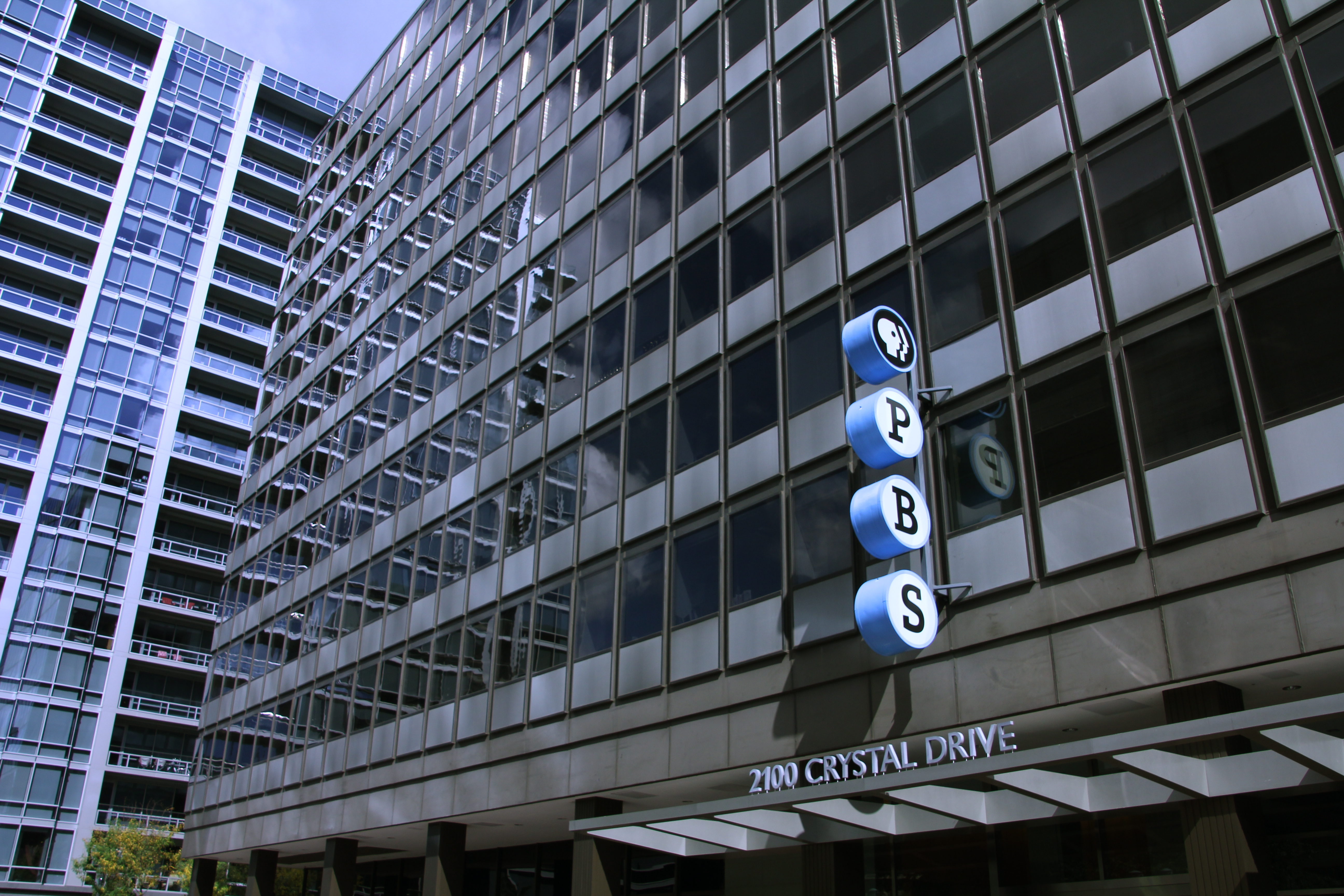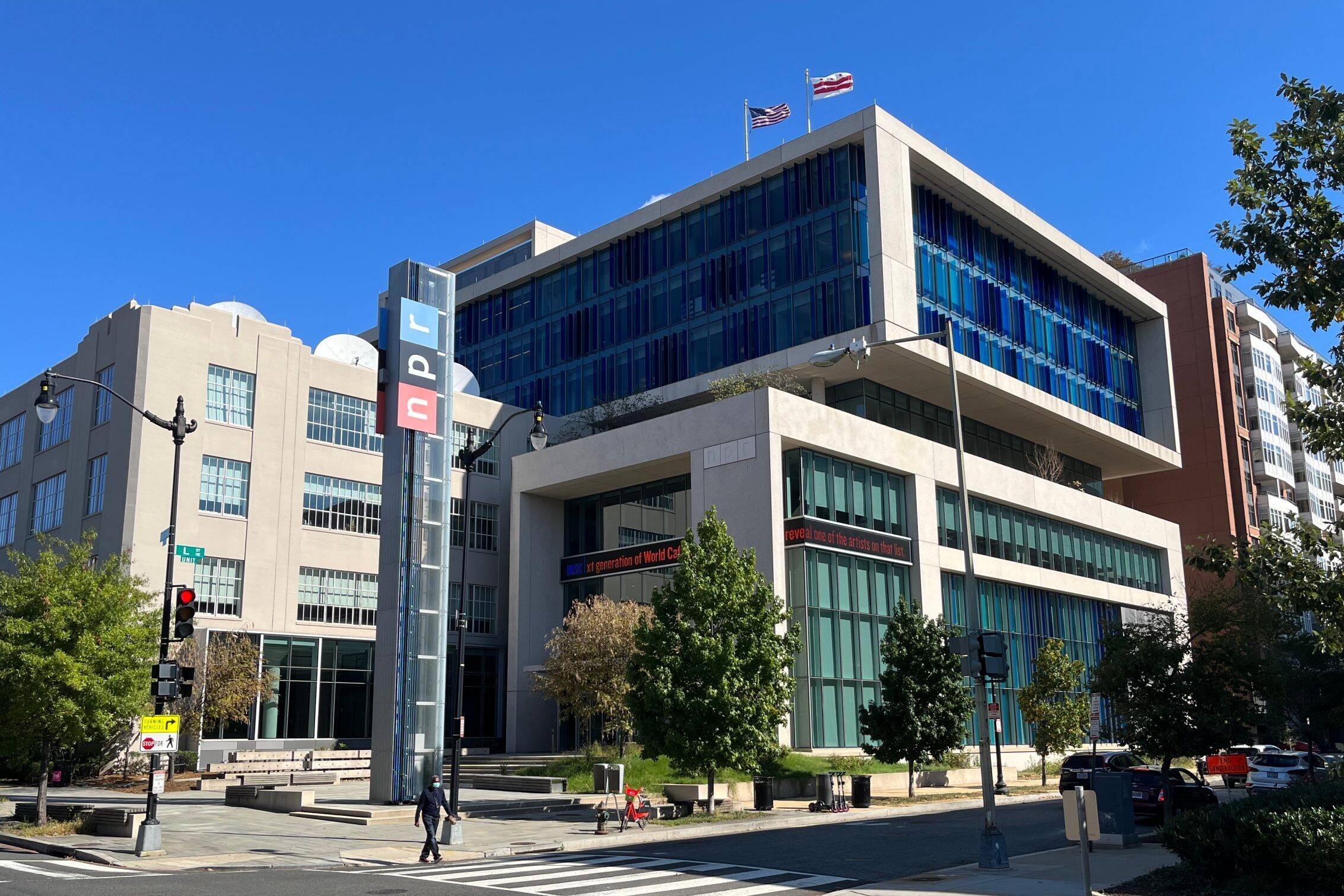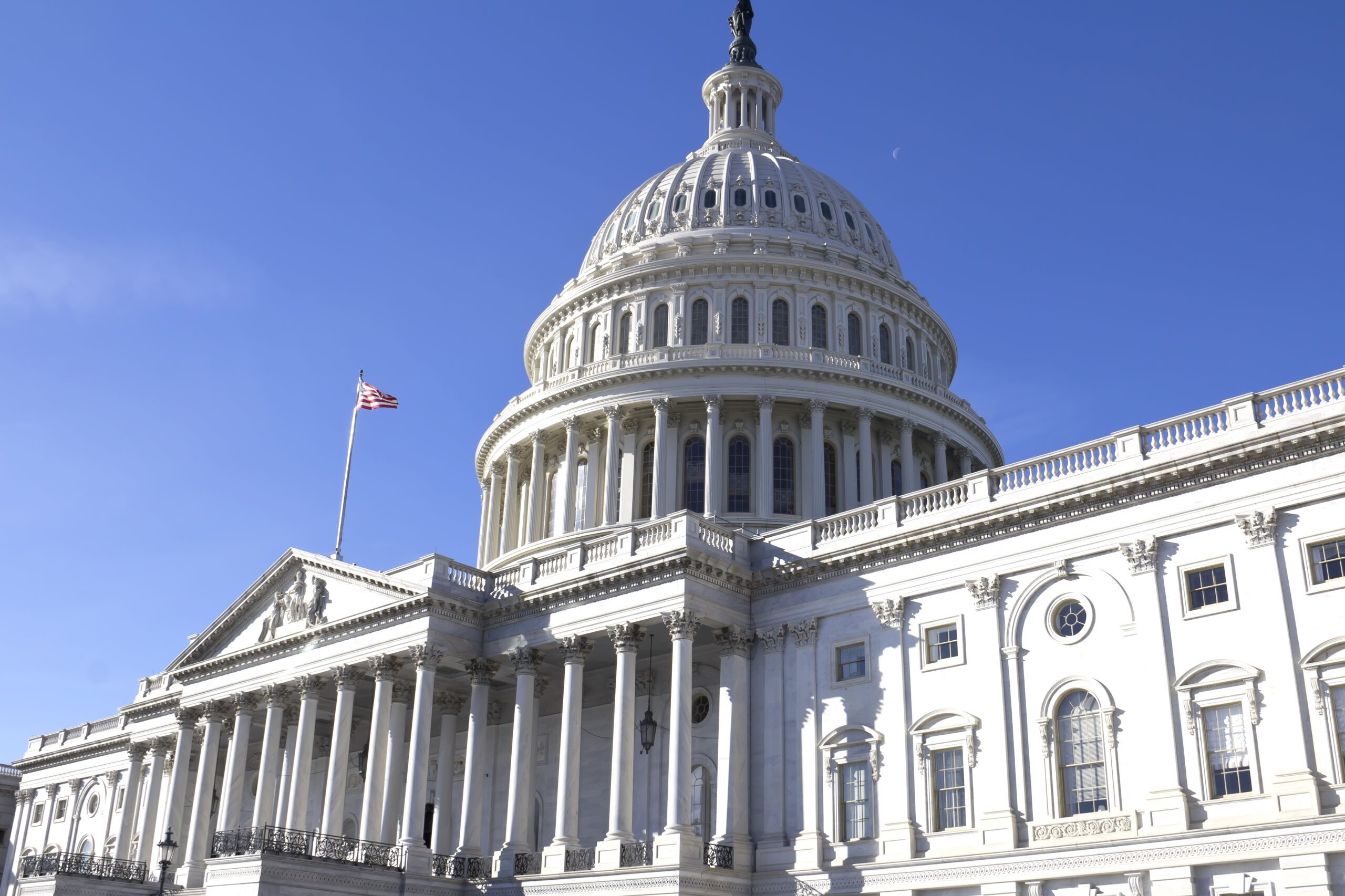STATEMENT
PMA: Senate must reject CPB funding cuts
13 June 2025
The Public Media Alliance is deeply concerned for the future of public media in the US after the House of Representatives approved a rescission package that would remove over $1 billion of funding for the Corporation for Public Broadcasting (CPB).

On Thursday 12 June, the US House of Representatives approved legislation that would remove two years of funding for the public media system. The $9.4 billion rescission package, which included $1.1 billion in funding for the Corporation for Public Broadcasting (CPB) for financial years 2026 and 2027, narrowly passed by two votes and will now advance to the Senate.
The rescission package is the latest effort to undermine CPB and the wider public media system in the United States. In May, the Trump administration set its sights on ending federal funding for the country’s public radio network NPR, and PBS, the public broadcasting television network. In an executive order, CPB – an independent non-profit and non-partisan organisation, tasked with distributing federal funds for public media nationwide – was directed to “cease Federal funding for NPR and PBS” and “decline to provide future funding.” The executive order also issued the same directive to federal agencies. NPR and PBS have both in turn taken legal action to overturn the order. They have also both been targetted by an FCC investigation. The Trump administration also sought to fire three CPB board members, while the Department of Government Efficiency (DOGE) tried to initiate investigations into CPB’s operations. A federal judge has since ruled that the board members can keep their seats but denied CPB’s preliminary injunction to block President Donald Trump from removing them.
Public media has also been threatened by the dismantling of the US Agency for Global Media (USAGM), an independent federal agency overseeing publicly funded international media networks.
Read more: PMA warns gutting of USAGM puts journalism and news availability in peril
The Public Media Alliance (PMA) is disappointed in the outcome of the vote in the House of Representatives. If approved by the Senate, the removal of federal funding for the CPB, and therefore for public media nationwide, will have devastating consequences.
For nearly 60 years, CPB has served as a vital, trusted, and highly valued independent institution that supports the distribution of news and information for millions of Americans.
The gutting of public media funding will undermine their independence and sustainability, and further threaten the nation’s democratic fabric by limiting citizens’ access to impartial and fact-based reporting and educational materials. It will disproportionately impact smaller radio and television stations who serve their communities intimately, who often operate in the absence of any other media or news provider. It will also affect emergency response and disaster preparedness.
We call on the US Senate and the wider government to reject the rescission package and wider attempts to destabilise public media.
We condemn the coordinated approach which has been taken to erode public media, and we encourage the US government to uphold their commitment to a free, pluralistic, and independent media environment.
Below, we outline some key facts about the Corporation for Public Broadcasting (CPB), its role in the US public media landscape, and the implications of the rescission package.
More on Trump and Public Media
A crisis, a controversial reform bill, and a funding boost
11th November 2025
The impact of the Federal Rescission on US Public Media
10th October 2025
PMA joins call to maintain existing US visa system for foreign journalists
11th September 2025
Fact Sheet
Fact #1: CPB is a non-profit, non-partisan organisation. The independence of the CPB was recognised in court when a U.S. District Court Judge ruled that the President is not allowed to interfere in the removal of board members. “CPB is not a federal executive agency subject to the President’s authority. Congress directly authorised and funded CPB to be a private nonprofit corporation wholly independent of the federal government.” – Patricia Harrison, CPB President and CEO in a May 2 statement.
Fact #2: Every dollar goes far. Federal funding is essential for public broadcasting, and CPB ensures that every dollar is used in a way that provides value to the taxpayer. CPB’s federal appropriation is approximately $535 million, which accounts for 0.01% of the federal budget and amounts to about $1.60 per person per year. More than 70% of CPB’s annual federal funding goes directly to local public media stations, and less than 5% is allocated to CPB administrative costs. “Public media delivers unmatched value to the American taxpayer. It serves every family in every part of America. It’s available for families without access to reliable broadband, cable, or streaming services. Federal funding is essential to public media. Every dollar from CPB brings nearly seven more from state, local, and private donors – the kind of return any taxpayer would insist upon.” – Patricia Harrison, CPB President and CEO in a June 12 statement.
Fact #3: CPB’s reach is extensive. CPB distributes funding to more than 1,500 public radio and television stations and reaches nearly 99 percent of Americans. Across all platforms, nearly 42 million people listen to public radio each week. These 1,500 local stations play an important role in informing, educating, and promoting cultural programming. “If rescission passes and local stations go dark, millions of Americans will no longer have access to locally owned, independent, nonprofit media and will bear the risk of living in a news desert, missing their emergency alerts, and hearing silence where classical, jazz and local artists currently play.” – Katherine Maher, NPR’s CEO and President in a June 12 statement.
Fact #4: Funding cuts would disproportionately hurt small and rural stations. Of the public radio and television stations the CPB funds, 245 of these radio stations are considered rural and are an essential source of information for the local communities. Concerns over the future of rural stations is growing as many of them rely on federal funding for more than a half of their budgets. The CPB also partly funds 365 public television stations. Local rural TV stations risk to be greatly impacted by the cuts as well. “If these cuts are finalised by the Senate, it will have a devastating impact on PBS and local member stations, particularly smaller and rural stations that rely on federal funding for a larger portion of their budgets.” – PBS President Paula Kreger in a June 12 statement.
Fact #5: Advance funding is a safeguard. CPB’s two-year advance appropriation is not by chance; the system was established to insulate content from political pressure. If this advance appropriation were to be revoked, CPB would face uncertainty and political risk. “The two-year advance funding underscores Congress’ intention that CPB have operational independence, that public media could better leverage other funding sources, and that producers have essential lead time to develop high-quality programming and services.” – CPB in an explainer on the purpose of its advance appropriations.
Fact #6: CPB funds critical public services, such as emergency communication and education. Through its funding to national and local broadcasters, CPB supports the provision of life-saving information during natural disasters and crises, as well as high-quality educational content that reaches millions of children and educators nationwide. For instance, PBS KIDS averages 15.5 million monthly users and 345 million monthly streams across its digital platforms, and PBS stations reach more children – and more parents of young children – than any other children’s television network. “Nearly every parent has raised their kids on public broadcasting’s children’s content. For the past 30 years, Ready To Learn-funded PBS KIDS content has produced measurable, real-world impacts on children’s learning.” – Patricia Harrison, President and CEO of CPB, in a May 6 statement on the termination of its 2020-2025 Ready to Learn grant.
Related Posts
6th May 2025
Trump & GOP wants to end all funding for NPR and PBS
The Trump administration's crackdown on…
5th May 2025
PMA calls for withdrawal of executive order instructing end to federal funding for PBS and NPR
The Public Media Alliance calls on…
3rd April 2025
End of federal funds would break fabric of public national network, says NPR’s CEO
NPR President & CEO Katherine Maher…




